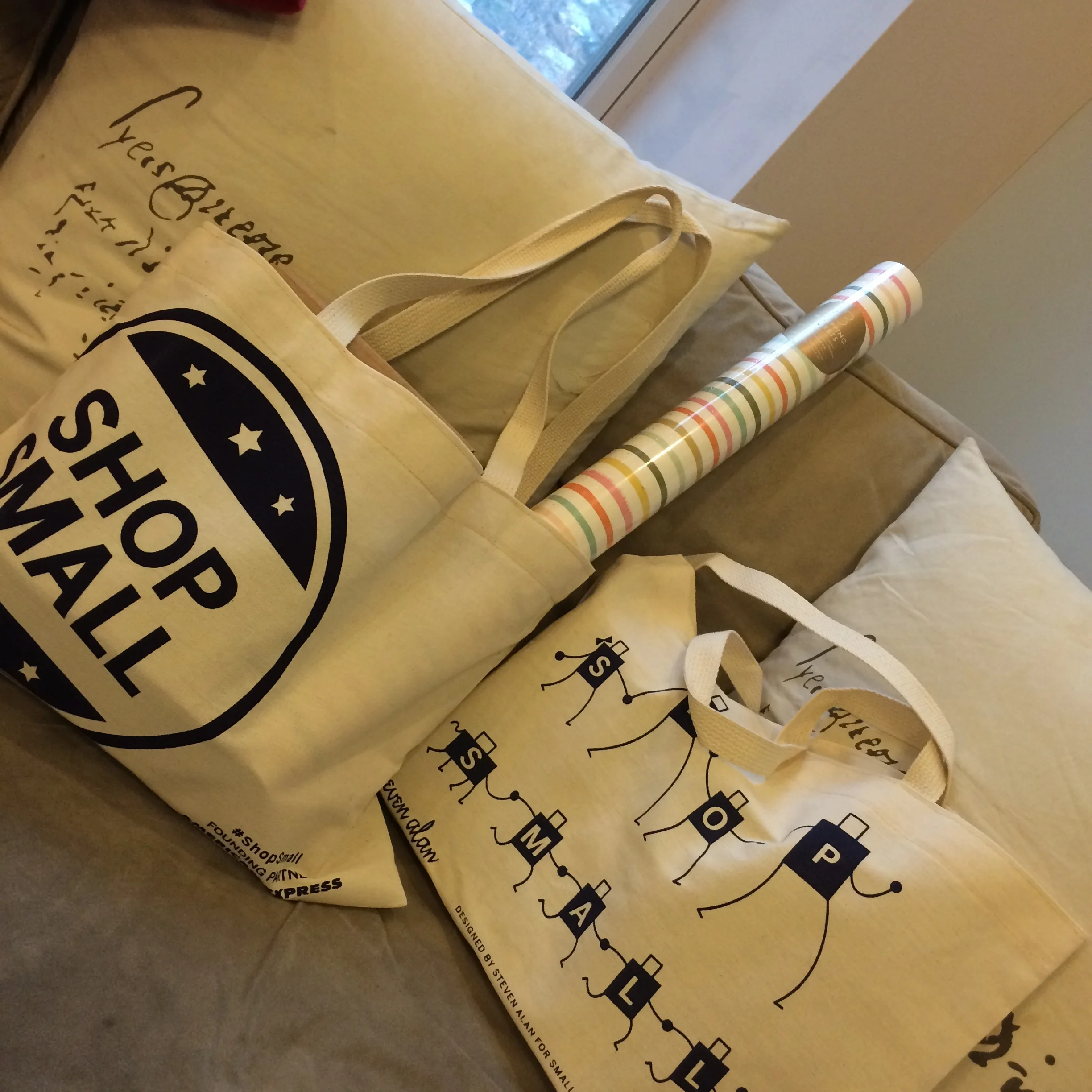How You Benefit From Process, Trust, And Knowledge In The $335 Billion Shared Economy
/This is the third and final post of a series on the shared economy, how it is similar to outsourcing, what you need to succeed, and finally my perspectives.
In the first post, I shared an intro on how the shared economy is an extension of outsourcing. Rather than outsource anything that is not your core business, the shared economy is essentially outsourcing your core business - you better do it well - or you will fail.
In the second post, I shared three things your business needs to do well to master the execution of your sharing or outsource strategy.
Now on to my personal story for how process, trust, and knowledge are applied from three different perspectives; as a business operations leader, as a member of a shared community, and as a consumer.
Business Operations Perspective
By the time we were ready to outsource our installs at Geckotech, we had established our baseline process internally. Even though the team was consistent with the defined process, the remote hands would have hiccups. Our relationship was with one vendor that managed the hundreds and thousands of partner technicians across the US.
After each install, we refined our checklist and process so we could avoid the issue in the future. As you refine your process to outsource, I suggest to build continual improvement into every process, start simple, and expect to change consistently.
We required initials to confirm areas were reviewed, provided example pictures for technicians to recreate, and NA where steps were not applicable versus leaving them blank ensured the content was not overlooked.
After we were acquired by M5 Networks, there were a lot more people to understand the process and relationship with our outsourced vendor. We went through a few more hiccups of knowledge and trust gaps.
As a solution, I planned trips to the vendor site with cross functional teams to help transfer knowledge and build trust. We produced a standard guide of expectations for each team. It was a success - The outcome was improved process, trust, and knowledge!
Shared Platform
I participate in a Shared clothing program, Closet Collective. The concept is similar to Rent The Runway or Stitch Fix; however, Closet Collective does not own the merchandise. The lenders open specific items of their closet to borrowers of the monthly service.
I started out with 10 dresses from my closet, later added 10 more items, and will continue to build my virtual closet to share with others. In fact, the top lender makes $10K per year renting out her closet.
Closet Collective has a simple process for both lenders and borrowers. The process is clearly defined from initial setup, profile and clothing posts, through monthly lending - all confirmed through thoughtful emails for each interaction.
During the initial setup, Closet Collective made a personal contact with me to establish the necessary trust required for me to feel comfortable with the process of lending my clothes to strangers. They build upon the trust monthly with consistent processes with each of my monthly rentals.
Closet Collective’s model requires very minimal training - hence a perfect opportunity for sharing or on-demand economy. I simply need to know how to print a label, put a dress in a bag, add my thank you to the pre-provided card, and drop off at the nearest USPS.
Customer Perspective
I recently ordered five different leather stickers from Anya Hindmarch from the website Farfetch. As I read, Farfetch is a platform that sells products that are sourced by independent shops around the world.
While I don’t know the back end of their systems, I can only assume they have their processes and appropriate knowledge training in place from my first experience.
By luck, I received all of them on the same day. Kudos if that was coordinated as they were all out of country. Every shipment came in a Farfetch branded box, with a Farfetch branded envelope, and a unique letter from the shop itself - which added a nice personal touch of their shop.
What companies do you think have process, trust, and knowledge nailed? Do you agree that each are important to support a consistent customer experience?
I would love to hear your input. Please give this post a thumbs up or share if you enjoyed the content.
Yours Truly,
The Pukka Panda































